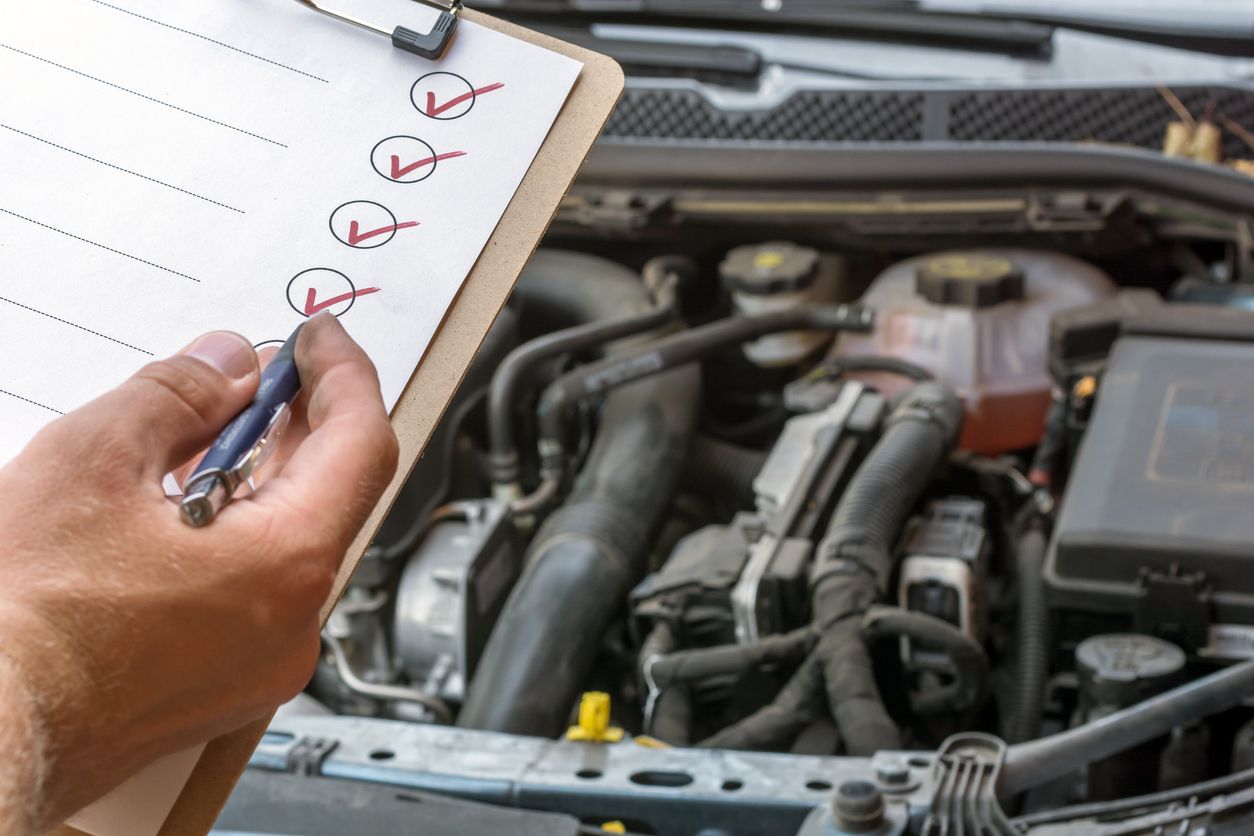All Categories
Featured
Accountable for integrating the rotation of the crankshaft and camshaft, the timing belt ensures the engine's valves close and open at the right times during the combustion process. If the timing belt falls short, it can result in extreme engine damages.
What Is a Timing Belt? The timing belt is a long, toothed rubber or composite belt that attaches the crankshaft to the camshaft(s) in an internal burning engine. Its work is to keep the engine's valves and pistons in sync, guaranteeing the engine runs successfully. The timing belt also regulates other essential engine functions like the water pump and the power guiding pump, depending on the automobile.
![]()
Without the correct timing, the engine's valves and pistons can clash, resulting in expensive and considerable damage. Replacing the timing belt on timetable is one of the best means to ensure your engine operates at its finest and protect against expensive repair work.
Why Timing Belt Substitute Issues. Protecting Against Catastrophic Engine Damage: One of the most significant danger of not replacing a worn timing belt is engine failure. If the timing belt breaks while the engine is running, the camshaft and crankshaft can come to be misaligned, triggering the valves and pistons to collide. This can cause curved shutoffs, harmed pistons, or also a ruined engine. Replacing the timing belt at the suggested periods is the very best means to stop such tragic damage, conserving you from the anxiety and high price of engine fixings or substitute.
![]()
Keeping Engine Performance: A timing belt that remains in great problem guarantees that all engine parts operate in perfect consistency. If the timing belt is used or extended, it can create the engine to lose power, experience harsh idling, or struggle to begin. By changing the timing belt on a regular basis, you can maintain your engine running at peak performance, which aids keep ideal gas economic climate and efficiency.
Preventing Unexpected Breakdowns: A damaged timing belt can create your engine to quit quickly, possibly leaving you stranded in the middle of a journey. By changing your timing belt on time, you lessen the threat of unexpected breakdowns that might leave you in a troublesome or hazardous scenario. Normal maintenance minimizes the opportunities of experiencing these type of interruptions, helping you stay on the roadway longer without worrying about your engine falling short.
Affordable Maintenance: Timing belt replacement is a lot more economical than repairing or changing an engine that's been harmed due to a timing belt failing. While the price of changing the timing belt may vary depending on your car and its location, it is much more budget-friendly than the costs connected with significant engine fixings or replacements. Changing your timing belt at the recommended intervals can save you a significant quantity of cash over the future by preventing damage to your engine.
When Should You Replace Your Timing Belt? The timing belt does not last for life, and most manufacturers suggest replacing it between 60,000 and 100,000 miles. Nonetheless, the specific timing relies on your vehicle's make, model, and driving problems, so it's important to examine your proprietor's handbook for certain advice.
Indications that your timing belt may need attention include unusual engine noises (such as a high-pitched whining or ticking sound), problem beginning the engine, or a decrease in engine efficiency. If you observe any one of these indicators, it's vital to have the timing belt examined by a professional auto mechanic.
![]()
Verdict. The timing belt is a crucial however small element of your engine, and normal substitute is key to keeping your lorry's efficiency and avoiding pricey damages. By staying on top of timing belt maintenance, you'll guarantee your engine runs efficiently, prevent unexpected break downs, and secure your automobile from major repair work. Watch on your vehicle's advised timing belt substitute schedule, and constantly talk to a trusted mechanic to maintain your engine running smoothly for many years to come.
What Is a Timing Belt? The timing belt is a long, toothed rubber or composite belt that attaches the crankshaft to the camshaft(s) in an internal burning engine. Its work is to keep the engine's valves and pistons in sync, guaranteeing the engine runs successfully. The timing belt also regulates other essential engine functions like the water pump and the power guiding pump, depending on the automobile.

Without the correct timing, the engine's valves and pistons can clash, resulting in expensive and considerable damage. Replacing the timing belt on timetable is one of the best means to ensure your engine operates at its finest and protect against expensive repair work.
Why Timing Belt Substitute Issues. Protecting Against Catastrophic Engine Damage: One of the most significant danger of not replacing a worn timing belt is engine failure. If the timing belt breaks while the engine is running, the camshaft and crankshaft can come to be misaligned, triggering the valves and pistons to collide. This can cause curved shutoffs, harmed pistons, or also a ruined engine. Replacing the timing belt at the suggested periods is the very best means to stop such tragic damage, conserving you from the anxiety and high price of engine fixings or substitute.

Keeping Engine Performance: A timing belt that remains in great problem guarantees that all engine parts operate in perfect consistency. If the timing belt is used or extended, it can create the engine to lose power, experience harsh idling, or struggle to begin. By changing the timing belt on a regular basis, you can maintain your engine running at peak performance, which aids keep ideal gas economic climate and efficiency.
Preventing Unexpected Breakdowns: A damaged timing belt can create your engine to quit quickly, possibly leaving you stranded in the middle of a journey. By changing your timing belt on time, you lessen the threat of unexpected breakdowns that might leave you in a troublesome or hazardous scenario. Normal maintenance minimizes the opportunities of experiencing these type of interruptions, helping you stay on the roadway longer without worrying about your engine falling short.
Affordable Maintenance: Timing belt replacement is a lot more economical than repairing or changing an engine that's been harmed due to a timing belt failing. While the price of changing the timing belt may vary depending on your car and its location, it is much more budget-friendly than the costs connected with significant engine fixings or replacements. Changing your timing belt at the recommended intervals can save you a significant quantity of cash over the future by preventing damage to your engine.
When Should You Replace Your Timing Belt? The timing belt does not last for life, and most manufacturers suggest replacing it between 60,000 and 100,000 miles. Nonetheless, the specific timing relies on your vehicle's make, model, and driving problems, so it's important to examine your proprietor's handbook for certain advice.
Indications that your timing belt may need attention include unusual engine noises (such as a high-pitched whining or ticking sound), problem beginning the engine, or a decrease in engine efficiency. If you observe any one of these indicators, it's vital to have the timing belt examined by a professional auto mechanic.

Verdict. The timing belt is a crucial however small element of your engine, and normal substitute is key to keeping your lorry's efficiency and avoiding pricey damages. By staying on top of timing belt maintenance, you'll guarantee your engine runs efficiently, prevent unexpected break downs, and secure your automobile from major repair work. Watch on your vehicle's advised timing belt substitute schedule, and constantly talk to a trusted mechanic to maintain your engine running smoothly for many years to come.
Latest Posts
Enhance Your Property with Overhead Door Equipment
Published May 27, 25
1 min read
Find Affordable Auto Repairs with Montclare’s Limited-Time Service Specials
Published May 27, 25
1 min read
Trusted Expenses Door Solutions for Houses and Organizations
Published May 25, 25
1 min read